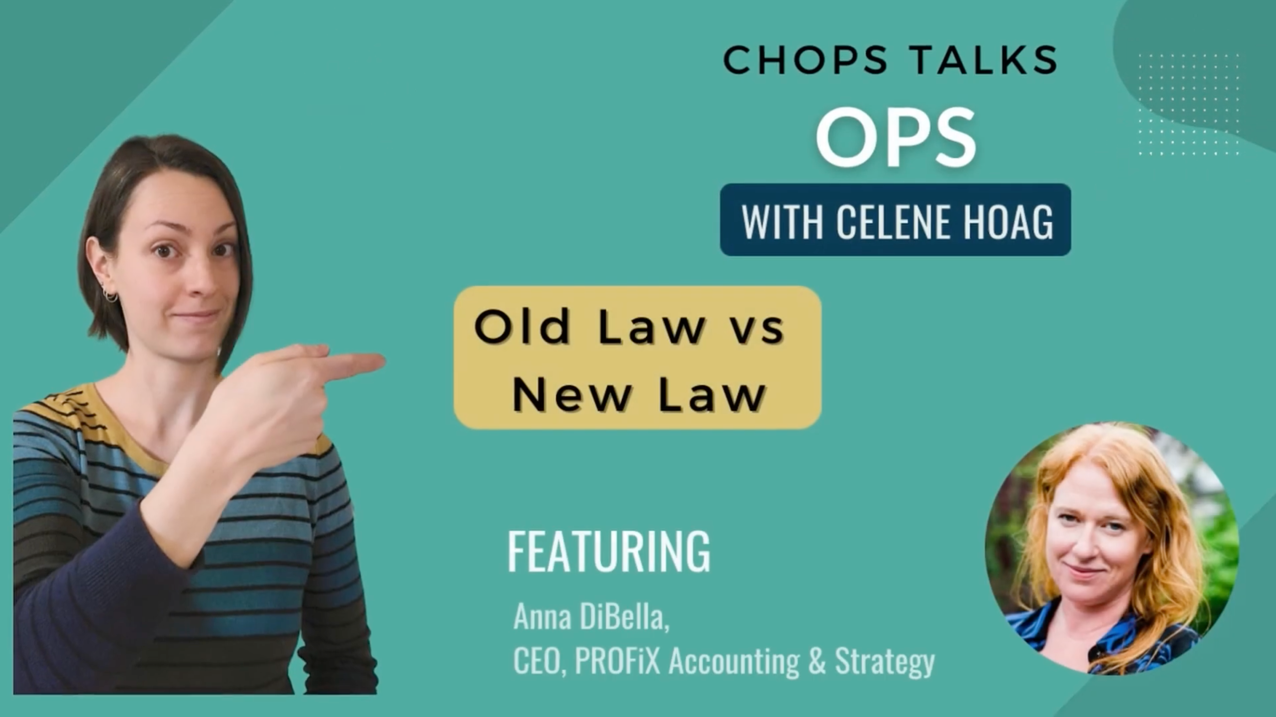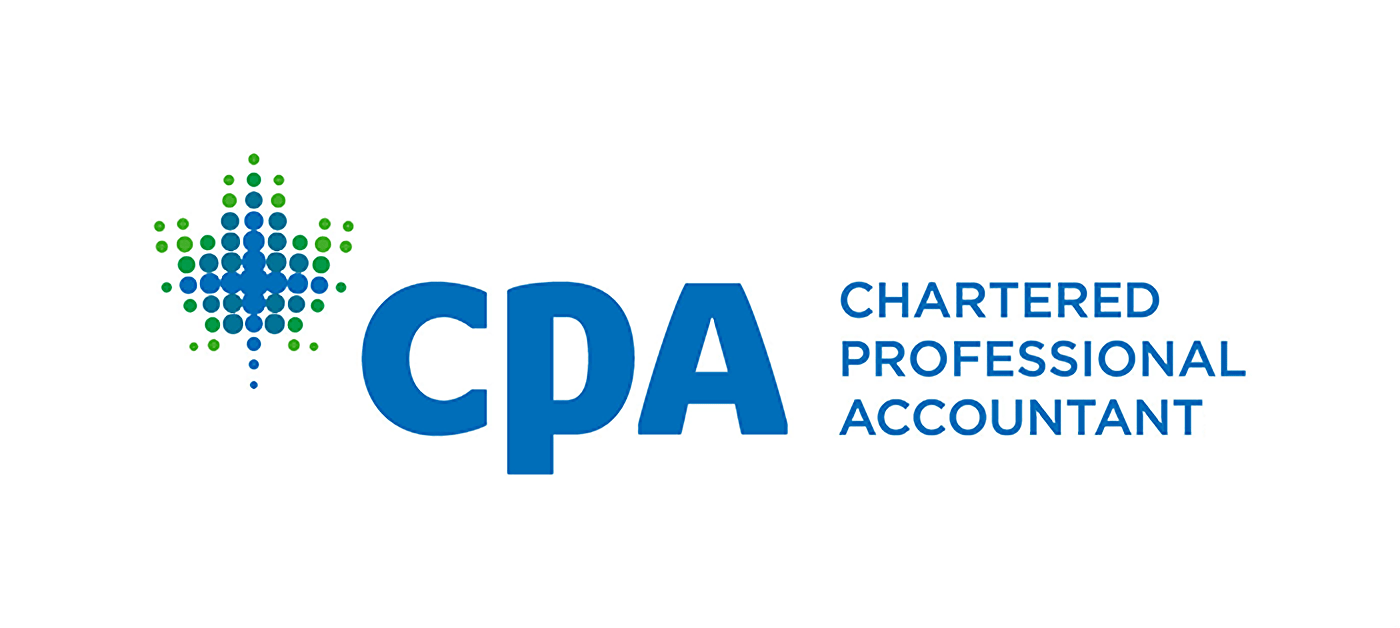Top 5 Differences Between Accounting and Bookkeeping
What is the major difference between accounting and bookkeeping?
One of the most common questions we get from clients is “what is the major difference between accounting and bookkeeping?”
Clients want to know why they need to work with an accountant for certain aspects of their business and a bookkeeper for other aspects of their business, and why the same person cannot do both.
In this article, we’ll delve into the details of what the difference between accounting and bookkeeping is, and how each professional can help you reach the financial goals you have set for your business.
What is accounting vs. bookkeeping?
There are many differences between accounting and bookkeeping, but if we had to sum it all up, it’s this: A bookkeeper records financial data for your business, in real time or historically.
On the other hand, an accountant analyzes, forecasts, and strategically plans for your business to help you reach specific business objectives. They use the financial data that is prepared by the bookkeepers.
A bookkeeper records the past and present, while an accountant looks to the future.
Software Training offer:
TRUST ACCOUNTING IN CLIO and XERO
Is your law firm Law Society Compliant in Clio and Xero? If you aren't doing a 5-way trust bank reconciliation, you are not compliant.
Learn the proven method for keeping your financials clear and on track. We'll go through each step from set up to reconciliation, plus share tips for best practices and supporting apps.
In this
4-hour course, we outline our start to finish process for trust accounting in Clio, plus provide tips and best practices for working efficiently and staying organized.
Learn more and see the course outline.
Cash flow
One of the most important financial statements in your business is your cash flow.
This is the amount of money that is going into and coming out of your business.
Contrary to what many business owners think, cash flow is not the same as sales transactions. Keep in mind that in many businesses (including law firms), cash isn’t received at the same time a sale is made. It often comes in several months later.
A bookkeeper’s job is to record the sales transactions, as well as other transactions such as payments and deposits.
An accountant uses financial strategies to ensure your business’ cash flow is healthy and consistent. They discuss financial goals with company leadership to ensure your business has the cash flow you need to make those goals a reality.
Financial data
Your business’ financial data is anything to do with your goals. It can include expenses, payroll, bank reconciliations, and tax planning documents.
A bookkeeper records financial data from the past and in real time in the present. They ensure your business’ billing, accounts receivable, accounts payable, payroll, and bank reconciliations data is complete and accurate.
An accountant uses the financial data a bookkeeper records to help the company leadership set goals, evaluate business performance, and develop financial strategies.
Other activities an accountant completes using financial data are tax planning and filing, compliance with industry regulations, risk evaluation, and providing financial advice to the executive team. Accountants also use financial data to predict company performance in the future.
Accounts receivable
Your accounts receivable is the balance of money that is owed to your business by customers and partners. These are sales transactions that you have made for which you have not yet been paid. It’s vital to keep on top of your accounts receivable to ensure that your company mitigates any risk and maintains a healthy cash flow.
Bookkeepers play an important role in managing your accounts receivables. They create and process invoices, manage recipients and payments, and log all of your business’ financial transactions.
A bookkeeper will have detailed information on which customers owe your business money, how much, and for how long. When you are paid, they prepare and enter deposits. Bookkeepers will also know how much of your money is owed to creditors (accounts payable).
An accountant uses this information that the bookkeeper provides to predict your company cash flow. They let you know when you have adequate cash flow to make a big expenditure, such as hire a new staff member, for example.
Accountants also manage your business risk by reviewing the accounts receivable, accounts payable, and cash flow. They ensure that your accounts receivable doesn’t get too high by implementing credit policies.
In some businesses, accountants are in charge of collecting large invoices from clients, and deciding when to let go of clients who do not pay.
Financial statements
Your business’ financial statements include balance sheets, cash flow statements, and income statements. A bookkeeper enters in the day-to-day data to complete these 3 key statements.
An accountant not only reviews the financial statements and ensures the data is correct, they also verify that the data is compliant with industry and government regulations.
Accountants analyze your business performance based on these financial statements, identify micro and macro risks, and measure your success against your business’ strategic objectives.
Financial advice
The key difference to note when it comes to accounting and bookkeeping is the financial advice that either professional can provide you about your business.
Bookkeepers have extensive knowledge of bookkeeping processes, and can advise you on which software to use, how to manage your expenses and receipts, and how to prepare timely and reliable financial statements. A bookkeeper can also help you file GST/PST and simple tax returns.
Accountants can advise you on tax strategy, financial objectives, and how to be compliant with the Canada Revenue Agency (CRA) and other legislative bodies.
Accountants will help you identify your strategic goals and will develop and implement plans to help you get there.
Plus, accountants analyze and monitor your business performance and relate it back to your objectives, so you always know whether you are on track.
Which do you need: an accountant or bookkeeper?
Having a good bookkeeper and a good accountant on your team will benefit your business greatly. They each bring equally valuable but different skills to the table.
Keep in mind that most accountants do not have experience with bookkeeping, and cannot advise you on bookkeeping processes to run an efficient business. Similarly, a good bookkeeper does not have the training and expertise of a CPA, and cannot advise you on tax strategies or build plans to reach your business objectives.
At PROFiX Accounting and Strategy, we understand the importance of having
both bookkeeping and accounting team members to support our clients.
Plus, PROFiX founder and lead accountant Anna DiBella, CPA, CGA, started off her financial career as a bookkeeper, so she brings a unique perspective to the table.
The team of bookkeepers and accountants at PROFiX are ready for any challenge your business is going through. From setting up sound financial processes to strategically expanding your business, we can help.




